Our institution
Health Impact Assessment
Research / Transdisciplinary groups
Our collaborations in Brazil have allowed us to assess the health impact of a series of interventions and policies. A conditional cash transfer programme (Bolsa Família) contributed to significant reductions in AIDS incidence, hospitalisation and mortality in Brazil (1), while one of the world’s largest primary health care programmes (Family Health Strategy) significantly reduced tuberculosis cases and deaths over a 10-year period (2). The strategy, based on home visits and community interventions by health teams, played a considerable role in reducing health inequalities in the country, although meeting the targets of the Sustainable Development Goals will likely require coordination with other non-health sectors (3). We advocated that effective interventions on poverty-related diseases should be strengthened during the current global economic downturn (4) and we demonstrated new methods for modelling their impact (5).
Moreover, we developed a framework to facilitate the choice of health impact assessment models for researchers and policy makers (6) and applied these models to evaluate the impact of urban environmental exposures on health in São Paulo city (7). We developed a study protocol for the health impact assessment of the European Urban Burden of Disease Project (8) and conducted a review of the health impact of shipping and port-sourced air pollution (9).
We are involved in several new projects, as principal investigators or work package leaders, including EChiLiBRiST (EU project on fever syndromes in children), TwinAIR (EU project on indoor air quality management), GOLIAT (EU project on health effects of 5G), DSAIDS (NIH project on the social determinants of HIV/AIDS) and PILLAR (MRC-UK project on health care expansion in Latin America).









